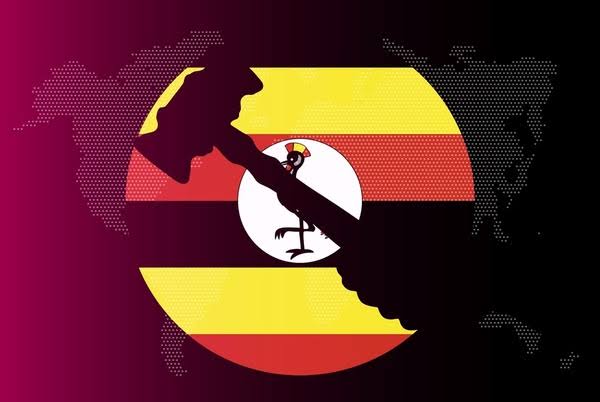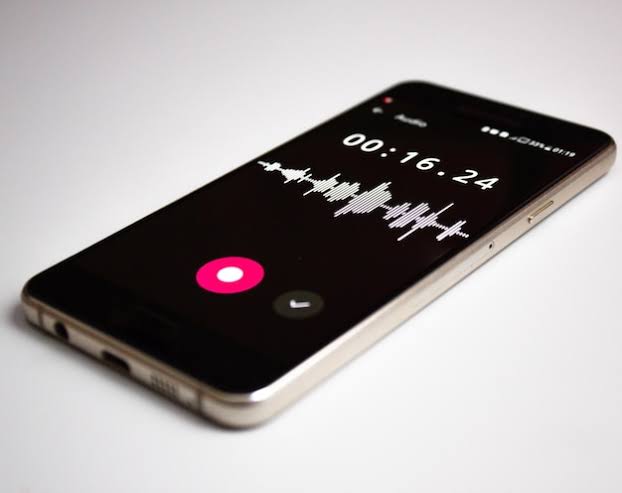How to deal with corrupt traffic police officers in Uganda
Dealing with corrupt traffic police officers is a survival skill for anyone planning to drive on Ugandan roads. Because Uganda has had a record of being among the most corrupt countries in Africa in the past according to the Corruption Perception Index(CPI), many travellers may find that a concern, and may have second thoughts about visiting Uganda.
However it is worth noting that Uganda’s CPI score has remained stable over the last decade indicating a persistent challenge in addressing corruption but the government has taken steps to combat corruption including establishing the Inspectorate of Government (IGG) and the Anti Corruption Court.
The IGG was established in 1988 to investigate and prosecute corruption cases, the Directorate of Public Prosecutions(DPP) plays the same role as the IGG, the Anti Corruption Court specialises in hearing corruption cases and the Uganda Police Force’s Professional Unit handles complaints against police officers including corruption allegations.
All this means that when you encounter corrupt police officers on your self drive trip in Uganda, remember that the government has your back. However, dealing with corrupt police officers in Uganda can be challenging, but there are some tips you can follow to protect yourself and seek justice: Let us explore them in this blog!

Know your rights: It is important to familiarize yourself with Ugandan laws on corruption and your rights as a citizen or visitor. The Anti-Corruption Act, 2009 for example prohibits corruption including bribery, embezzlement, and abuse of office. The Access to Information Act, 2005 promotes transparency and access to information and the Whistle-blower Protection Act, 2010 Protects whistle-blowers who report corruption.
The Uganda Police Act establishes the Uganda Police force and outlines its powers, functions and responsibilities, and the Penal Code Act criminalises corruption related offences such as bribery, extortion and misconduct in public office.
The law states that offering or receiving a bribe is punishable by a fine or a 10 years imprisonment. It also states that public officials ( Police inclusive) who engage in misconduct and corruption can face up to 7 years imprisonment or a heavy fine.
Important to remember is that the police officers in Uganda are bullies but there’s no greater weapon than knowing the law and your rights!
Have all the required documents: Traffic police in Uganda is know for carrying out unexpected operations where they check almost every vehicle; especially in Kampala. They usually check for the drivers licence, third party insurance, the vehicle’s mechanical condition and fines. If you are using a rental car, endeavour to double check with your agent to ensure that the vehicle’s paperwork is up to date.
This is the part where you check if the vehicle has any unpaid tickets. Also make sure that you have valid identification, such as a passport, driver’s license, or national ID. If you have all this paper work ready, there is no reason as to why you should worry about bribing these officers.
Keep emergency contacts handy: Save important phone numbers, like your embassy or consulate, and local authorities. Should you find yourself in any compromising situation, call the Uganda Police Force’s Professional Standards Unit on +256 414 505 555, the Inspectorate of Government on +256 414 344 011 or your embassy, whose contacts can be found on their official website. These contacts may scare away the corrupt police officers and you’ll be on your way.
Stay calm and polite: When a police officer stops you, stay calm, be respectful and composed, even if you’re being harassed or intimidated. Politely ask why you’re being stopped or detained and if you’re unsure of the officer’s demands, ask for clarification. In case you’re in the wrong, something as simple as “I’m sorry Afande” will spare you a lot of trouble.
Never offer a bribe: It is a common practice in Uganda to offer traffic officers bribes but do not be tempted. If a police officer asks for the bribe, decline the request, stating you’re not willing to pay to him, but rather request that they give you a ticket which can be paid in the bank or using a USSD code. Once you’ve paid, a receipt will be issued. Do not be lured into paying cash to the traffic police because this may escalate the situation and you may have to face the law.

Have evidence: There have been incidences where drivers are harassed by traffic police because they refuse to pay bribes. First of all, find out the police officer’s name and number; which are always marked on their uniforms. Next, know date, time and location of the incident and if possible, one of your passengers could secretly record the whole thing on their smart phone. This may help if the issue escalates to court.
Report the incident: This is usually the last resort. Much as Uganda is labelled a corrupt country, no one is above the law ; especially if you have proof. If you experience police corruption in Uganda, there are several channels where you can report it for example;
The IGG is mandated to investigate and prevent corruption including police corruption, The Uganda Police Professional Standard Unit (PSU) investigates complaints against police officers including corruption allegations and the Anti Corruption Court is a specified court that hears corruption cases including those of police officers.
Organisations like the Anti Corruption Coalition of Uganda (ACCU) and Transparency International Uganda may also be of help in such circumstances. You may also contact your embassy or local organisations such as the Uganda Law Society or the Human Rights Network Uganda for guidance and assistance. Remember to provide as much detail as possible when reporting corruption.
In conclusion, the fight for corruption in Uganda is tight and international organizations like the United Nations Development Programme (UNDP) , World Bank and European Union(EU) all support Uganda’s efforts to fight corruption through technical and financial assistance.
Do not let corrupt police officers ruin your experience in the Pearl of Africa when you can defend yourself! Do not forget to follow all the traffic rules and guidelines to avoid putting yourself in position to encounter traffic police.
For more information on how to deal with corrupt police officers, contact Go Further 4×4 Car rental.






